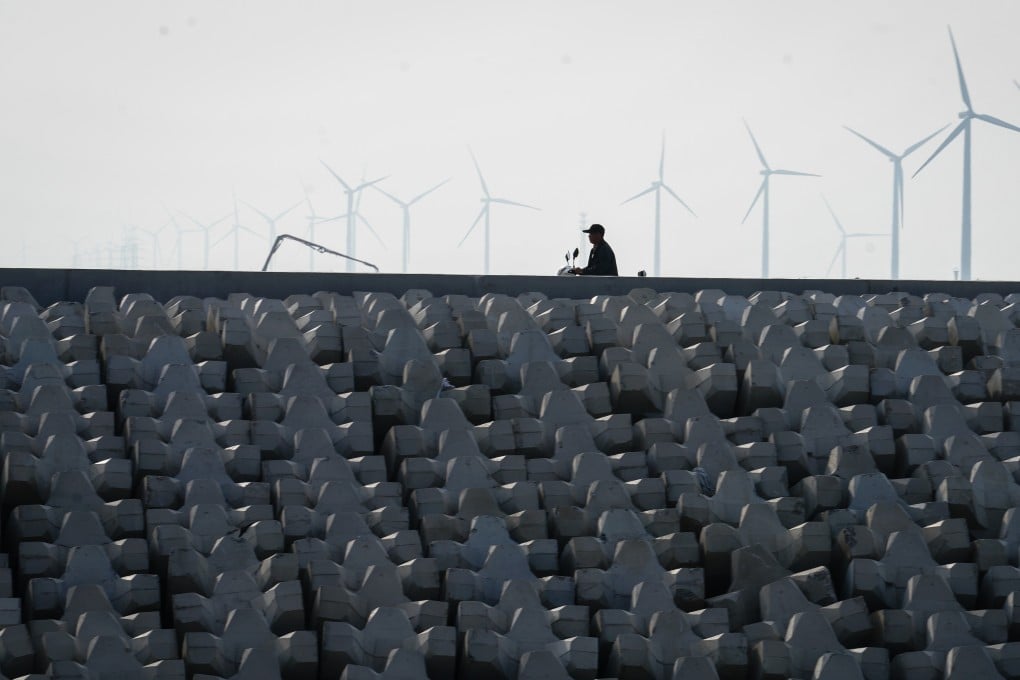Advertisement
Opinion | How China can turn its carbon-neutral pledge into reality – and benefit its economy
- China must not only embed its bold commitment into its five-year plan, but also more aggressively green its belt and road investments
- Getting other nations on board with a carbon-neutral plan could boost China’s international revenue in the form of clean energy exports
Reading Time:3 minutes
Why you can trust SCMP

Chinese President Xi Jinping’s ambitious promise to achieve carbon neutrality before 2060, announced on September 22, may have global implications, although it contradicts the nation’s reliance on fossil fuel investments and the coal powering its domestic industry.
Despite the US State Department’s 1,800-word “fact sheet” released on September 25, pointing out China’s past environmental violations, Xi’s long-term carbon-neutral goal is a strong example of global leadership.
Documents released on September 27 from Tsinghua University’s Institute of Energy, Environment and Economy shows China’s top minds have long been developing a clear plan to 2060.
Advertisement
But the indicators of China’s real steps forward lie in its mixed commitments to both continuing coal consumption domestically and maintaining its position as the world’s leader in clean energy technology.

03:05
China vows carbon neutrality by 2060 during one-day UN biodiversity summit
China vows carbon neutrality by 2060 during one-day UN biodiversity summit
For the Tsinghua plan to succeed, China would have to increase its share of non-fossil-fuel energy to 20 per cent by 2025, five years earlier than the National Development and Reform Commission thought was possible in 2018.
Advertisement
Advertisement
Select Voice
Select Speed
1.00x
